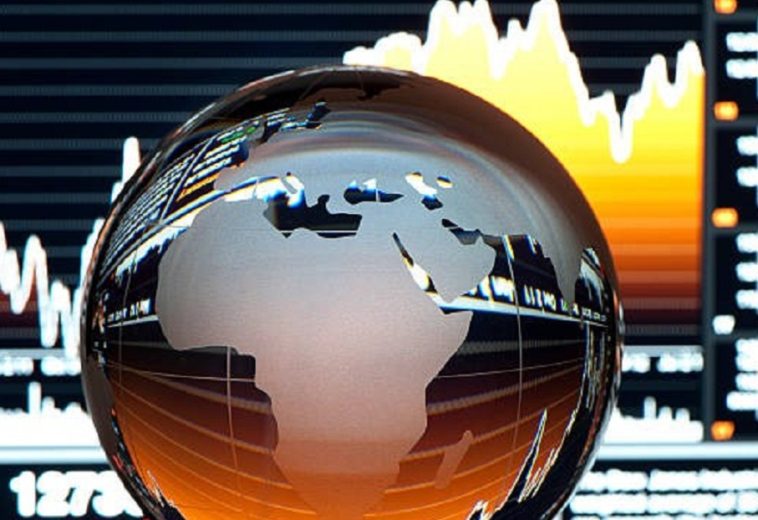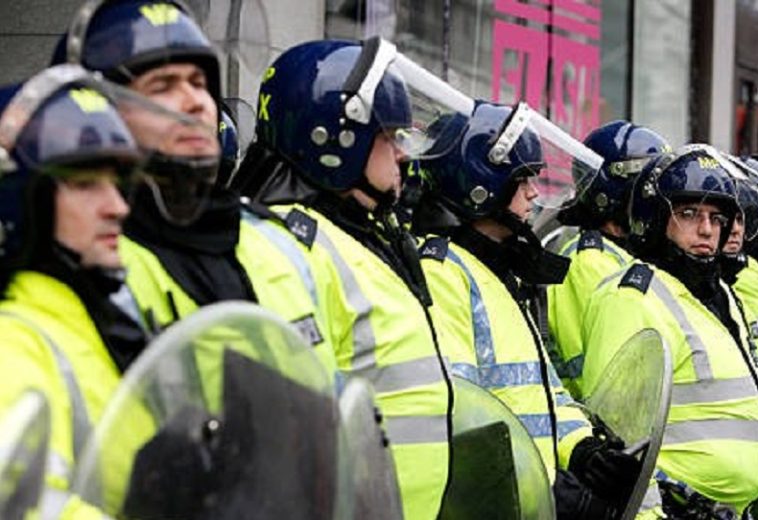The Economic Community of West African States (ECOWAS) has been under scrutiny since the military-led defections of Niger, Mali, and Burkina Faso. The military coups between 2021 and 2023 and the measures with which ECOWAS responded have raised significant questions about its operations and responsibilities to West Africans.
ECOWAS was established in 1975 to foster economic integration and political stability among its 15 member states. Since its inception, ECOWAS has played a significant role in shaping the region’s political and economic landscape. However, recent developments in the region’s geopolitical sphere have brought into question the achievements and shortcomings of ECOWAS and its role in regional development and conflict management.
ECOWAS’s primary objective is the promotion of economic integration among its member states. The ECOWAS Common Market and the West African Regional Action Plan are among many initiatives by ECOWAS aimed at increasing intra-regional trade and economic cooperation among member states. The West African Monetary Zone and the planned single currency, the Eco, are also economic policies by ECOWAS meant to reduce transaction and business costs within the region.
ECOWAS is also charged with resolving conflicts and maintaining peace within the region. The organisation demonstrated this during the peacekeeping and conflict resolution interventions in the Liberian (1990-1997) and Sierra Leonean (1997-1999) civil wars. The ECOWAS Monitoring Group (ECOMOG) is pivotal in this regard, tasked with quelling civil unrest and preventing further escalation of violence.
ECOWAS is a proactive body in addressing political crises and promoting democratic governance in the region. The organisation mediates electoral disputes and supervises political transitions. Notable incidents where ECOWAS was crucial in the electoral process include the 2017 electoral dispute in Liberia and the 2019 elections in Guinea-Bissau. By facilitating dialogue, ECOWAS ensures the peaceful resolution of political issues.
ECOWAS is also tasked with promoting social and infrastructural development across the region. The organisation has embarked on several infrastructure projects aimed at improving regional connectivity. The Trans-West African Highway and the West African Power Pool are initiatives aimed at fostering economic growth and integration.
Despite ECOWAS’s past successes, recent years have been challenging for the organisation. It has been arguably ineffective in managing recent conflicts. The response to the political coups in Mali (2021), Burkina Faso (2022), and Niger (2023) has been criticised for being slow and inadequate. The inability to swiftly address political crises has raised questions about the organisation’s capacity to handle complex political dynamics.
In recent years, the economic and trade accomplishments of ECOWAS have been undermined by trade barriers, such as the Nigerian-Benin border closure, differing national policies, and infrastructural deficits. These have affected the realisation of an integrated regional market. The proposed Eco currency, though promising, has faced numerous delays and is perceived by the public as a scheme by corrupt politicians to plunder the region.
ECOWAS has been undermined by institutional weaknesses and capacity constraints. The organisation has struggled with a lack of funding and coordination challenges among member states. These issues have hindered its ability to implement and sustain various initiatives effectively. Some perceive the ineffectiveness of ECOWAS in recent years as a sign that the organisation serves as a shield for corrupt politicians and an advocate for Western interference within the region.
The organisation has been heavily criticised for its inadequate response to human rights abuses and for sometimes prioritising political stability over human rights concerns. The ENDSARS protest in Nigeria and protests in Ghana and Senegal are major instances where the position of ECOWAS was called into question. This has led to criticisms regarding its commitment to upholding democratic values and protecting citizens’ rights.
As West Africa navigates the complexities of regional socio-economic politics, the success of ECOWAS depends on its ability to address these challenges and strengthen its institutional framework. Collaboration among member states, improved resource allocation, and a renewed focus on human rights and democratic governance are essential steps towards achieving its vision for the region.
ECOWAS has been and will continue to be important in shaping West Africa’s political and economic landscape. However, the organisation has also faced notable challenges, including ineffective conflict management, economic integration hurdles, institutional weaknesses, and limited impact on human rights. Africans look to institutions like ECOWAS and the African Union to serve as a means of checks and balances on their political leaders.




